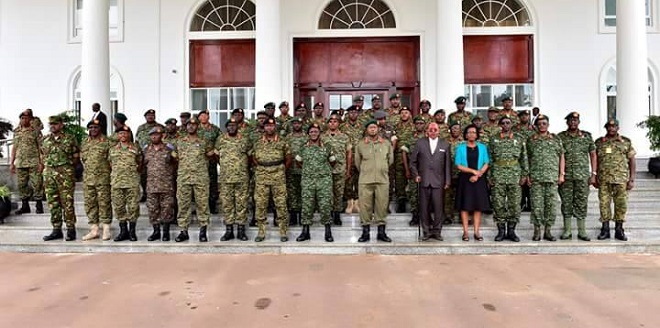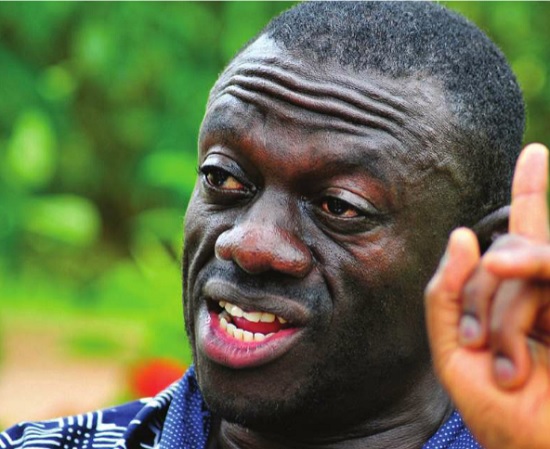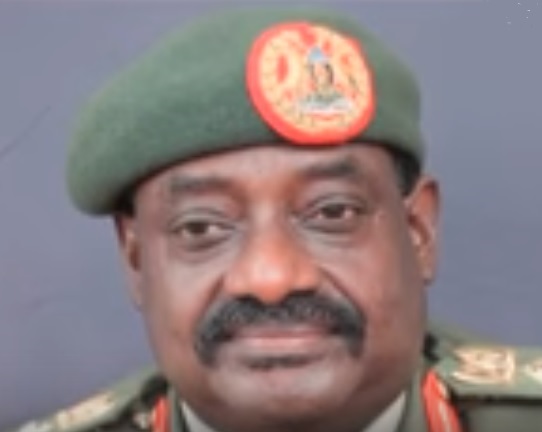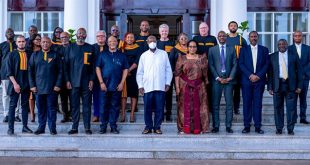
Growing intolerance
Observers say that these things did not matter much in the past because Museveni allowed debate of political issues, appeared to favour persuading opponents other than threatening them, and would sometimes tolerate dissent.
However, some observers say, 31 years later and as he seeks so-called “life presidency”, Museveni appears to have lost the patience to persuade and win over opponents. Instead he prefers talking tough and issuing threats.
And Museveni’s hardline stances appear to be increasingly copied by his cadres.
When striking doctors quit their posts in government hospitals recently, Museveni threatened to fire them. He also ordered military doctors to be deployed to replace them. Both moves were criticised because Uganda’s military does not have enough doctors to replace even 10% of the striking doctors. In any case, moving them to civilian hospitals would leave patients in military facilities not catered for.
But, observers say, Museveni’s militaristic tendencies came out most clearly when dealing with opponents of a Bill intended to scrap Article 102 (b) of the constitution which caps the upper presidential age limit at 75. Currently, Museveni who is officially 73 years old will not be eligible to stand at the next elections in 2021 as he will be 77 years old. So scrapping the age-limit is critical to him.
Unfortunately, for him, there is unusual opposition to scrapping the age-limit even within Museveni’s ruling party. But in a sign of growing intolerance, some MPs known to oppose the move were recently kicked out of the ruling party caucus. The party Chief Whip, Ruth Nankabirwa, told the group that the party cannot accept any opposition from within. And Museveni, who has previously met, debated, and cajoled dissenters in similar situations, was this time brutally brief.
“Get out,” he ordered the dissenters.
Then days later, when opposition MPs attempted to filibuster the tabling in parliament of the Bill intended to scrap the age limit and the Speaker of Parliament, Rebecca Kadaga, gave them 30 minutes to vacate the parliament, security forces pounced on them and battered them right inside the chamber. Venerated symbols of parliamentary democracy, including the table of parliament, the dispatch box on which Bills are tabled, microphone and seats were trampled and thrown around. In one incident, the former CDF, Gen. Katumba Wamala was filmed while punching an MP several times. The MP and several MPs were hospitalised; some with life-threatening injuries.
The Inspector General of Police, Gen. Kale Kayihura, later bragged about deploying the military operatives who beat up the MPs.
The incident has since been judged to have been worse than the 1966 incident when then-Prime Minister Milton Obote cemented his authoritarian credentials by deploying security forces around parliament and forcing MPs to pass the so-called “Pigeon-Hole Constitution” without reading it.
Critics say the attack on parliament eclipsed the 2005 so-called “rape of the courts” in which military operatives dubbed ‘the Black Mamba’ raided the High Court in Kampala to re-arrest a group of people charged with treason together with Besigye.
In March 2007 a similar incident happened and the raids on courts by military personnel have since become common place.
In scenes reminiscent of the brutal 1970s regime of dictator Gen. Idi Amin Dada, civilians are now routinely picked off the street and locked up in various detention places. Sometimes the armed people are in civilian dress and always do not identify themselves.
Under Gen. Kale Kayihura, the police appeared to have taken full charge of internal security until recently when the dreaded Chieftaincy of Military Intelligence (CMI) returned to investigating civilian crime. The CMI was notorious for torture in the 1990s and appears determined to pick up where it stopped. It has since arrested over 10 police officers and court-martialed them. These events have raised questions about how far the army can go with critics warning of creeping military rule. And, as E.A. Brett wrote in a paper titled `Neutralising the Use of Force in Uganda: the Rôle of the Military in Politics’, the trajectory Museveni is taking only threatens to repeat a history where the military directly dominated politics.
Brett also noted how so far Uganda has had two governments removed by military coups, one by a foreign military invasion, and another by an armed military rebellion.

Generals who challenge Museveni
While President Yoweri Museveni appears to have control of the army, it is also his biggest threat as his major competitors were once in the UPDF.
Col. Kizza Besigye
The two people who have headed the largest opposition group in Uganda, Maj. Gen (retired) Mugisha Muntu and Col. (retired) Kizza Besigye, are previous commanders in Museveni’s army.
Besigye was a Museveni confidant for 19 years but rebelled in 1999.
Maj. Gen Mugisha Muntu
Besigye’s successor as president of the opposition FDC party, Maj. Gen. Mugisha Muntu, was an army commander under Museveni for nine years.

Gen. David Sejusa
Another maverick, Gen. David Sejusa, in 2012 spectacularly wrote letters warning of an alleged Museveni plot to eliminate those against the Muhoozi project. He was a member of the army High Command, the army’s top governing body, a Senior Presidential advisor on defence, and the coordinator of Military Intelligence.
Maj. Gen Benon Biraro
The other high ranking retired army officer who took on Museveni in the last presidential elections is Maj.Gen. Benon Biraaro. Biraaro recently warned that Uganda would have its Zimbabwe moment—implying that there will be a coup against Museveni.
Capt. Ruhinda Maguru
Capt. Ruhinda Maguru, a former Aide-de-Camp to Museveni has twice challenged him for leadership within the ruling NRM party.
UPDF’s foot print
- Miss Uganda
- Operation wealth creation
- Identity cards
- Aronda appointed minister
- UPDF raids parliament
- The army will not allow that
- Court martialing of civilians
- CMI’s arrest of police
- Katumba, Kayihura head police
- UPDF members of parliament
- UPDF during elections
- UPDF in business
- UPDF doctors
- UPDF attaches in ministries
- UPDF protects oil
- UPDF on lake Victoria, fight over fishing
- UPDF medals
- Installing a military officer as a king
- Defence spending
- Raid of High court by black mamba
- Spying on Karuma procurement teams
- Defence spending
 The Independent Uganda: You get the Truth we Pay the Price
The Independent Uganda: You get the Truth we Pay the Price




From the beginning Museveni was an accomplished communist. He still is because whatever he does is in line with Machiavellian doctrine. He mastered the art of war of communist China.
Everything military that he does hinges on a Rwanda factor. Among the decorated and celebrated war heroes of Kabamba attack on Feb 6 1981were the likes of Paul Kagame now president of Rwanda, the late Rwigyema and others. They held prominent leadership positions in Uganda ‘s security apparatus. Today, even as Kagame and company left for dear homeland it is not clear how many were left behind and why.
Museveni’s hold on Uganda has everything to do with Rwanda’s hold on Uganda, security wise and economically.A diehard communist who has conquered territory in some other land is not about to just give up the opportunity accorded to him. This is what lies behind all the manipulation being witnessed.
He has been propping up Raila in Kenya in the hope of of getting Kenya support for taking up EA presidency. No wonder, Raila in Museveni footsteps has started an NRM wing in Kenya.
Museveni’s desired goal is either life presidency in Uganda or EA presidency. On the sidelines he sponsors Rwanda expansion into DRC. It is now up to Ugandans to grant him his wish.